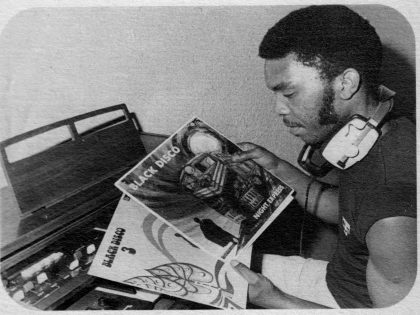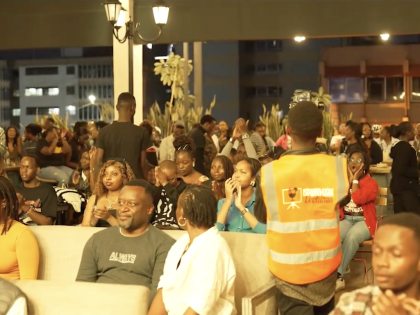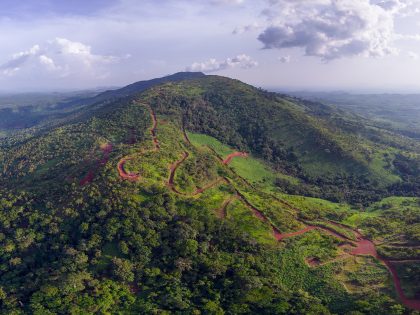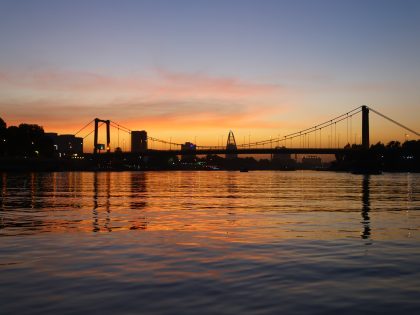There shall be satire for all
Recently Al Jazeera English’s media review show, Listening Post, did a breathless profile of South African cartoonist Zapiro and his satirical TV show, ZANEWS. The insert focused on Zapiro’s outsize influence. The country’s president, Jacob Zuma, is suing Zapiro for libel for how he is portrayed in one of Zapiror’s cartoons. But it now appears Zapiro’s reputation can’t even save the show. The producers have had to halt production on the fourth season of ZANEWS because sponsors aren’t coming forward. See here for a report.
I found it interesting for what it might say about viewers, advertisers and satire/free speech in South Africa.
We suspect the reasons why authorities at the country’s “public broadcaster,” the SABC won’t be airing the series soon. Many critics accuse the SABC of not carrying any material that are critical of the current government. According to media reports the SABC also wanted editorial control, but the producers resisted. But neither ETV, the only private terresterial broadcaster, as well as the cable/satellite provider M-Net/Multichoice–neither very close to the ANC government–wants to broadcast the series. They both rejected it. Instead the show’s episodes are posted on Youtube channel and on a mobi site, zanews.co.za.
In contrast to the SABC, it is more difficult to explain the motives of M-Net and ETV or that of advertisers. Does this mean that South African audiences, political representatives and its business are united in their unreadiness for sharp, popular satire unless the satirist wears a dress? Does ZANEWS cut too close to the bone? Or could it be that ZANEWS’s puppets are not that funny? Talk to me.
Anyway, it would be a pity if it would go under. (Already the sometimes funny South African online satirical site, Hayibo, folded last year.) I stand under correction, but I know of only other TV show like ZANEWS on the continent of its type: the Kenyan show, The XYZ Show. (There’s also the hilarious puppet-less “Bulls-Eye” on NTV Kenya which is funny even if you know little of the local context. Bulls-Eye, however, is like a long editorial with moving images)



















